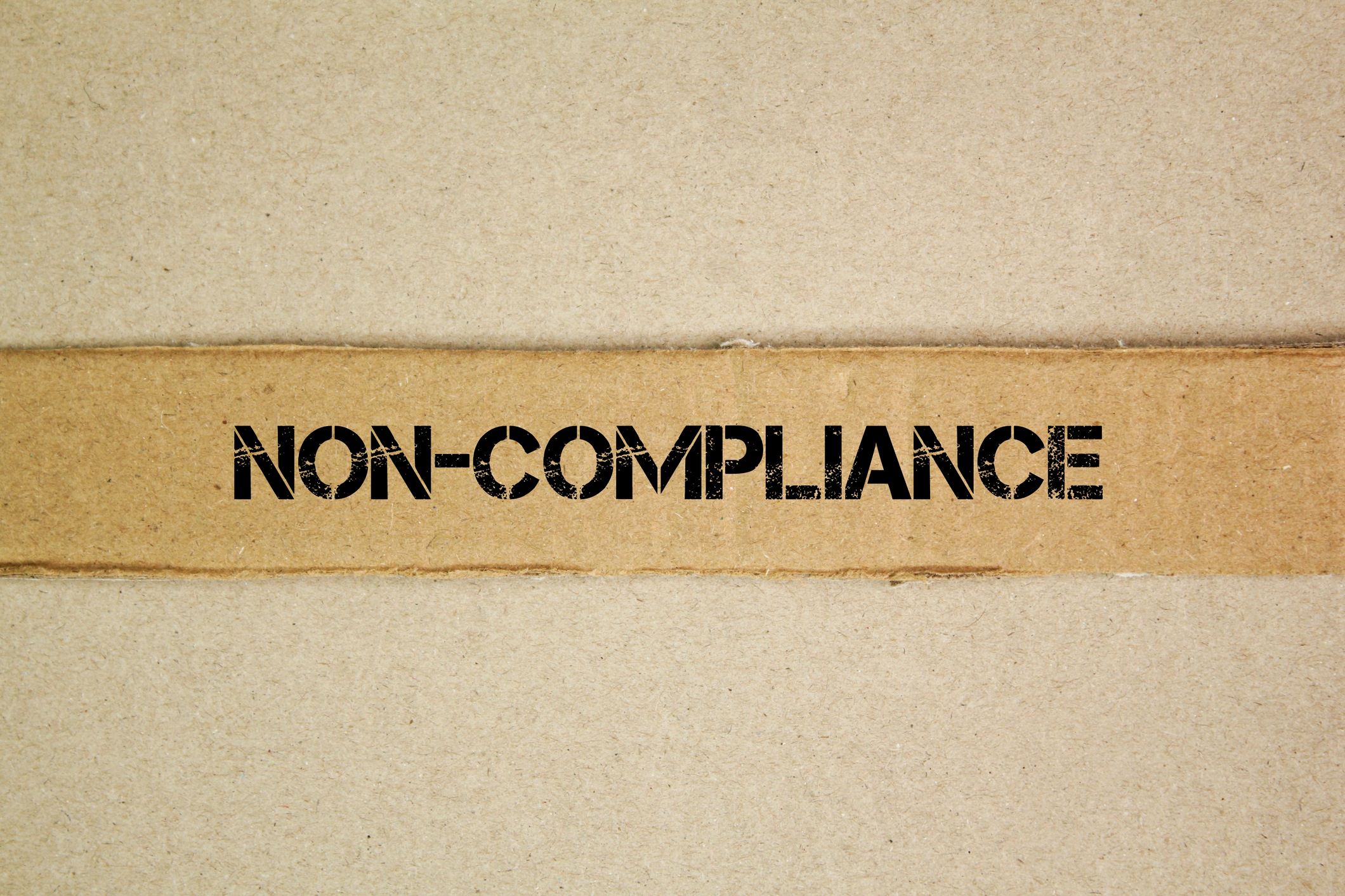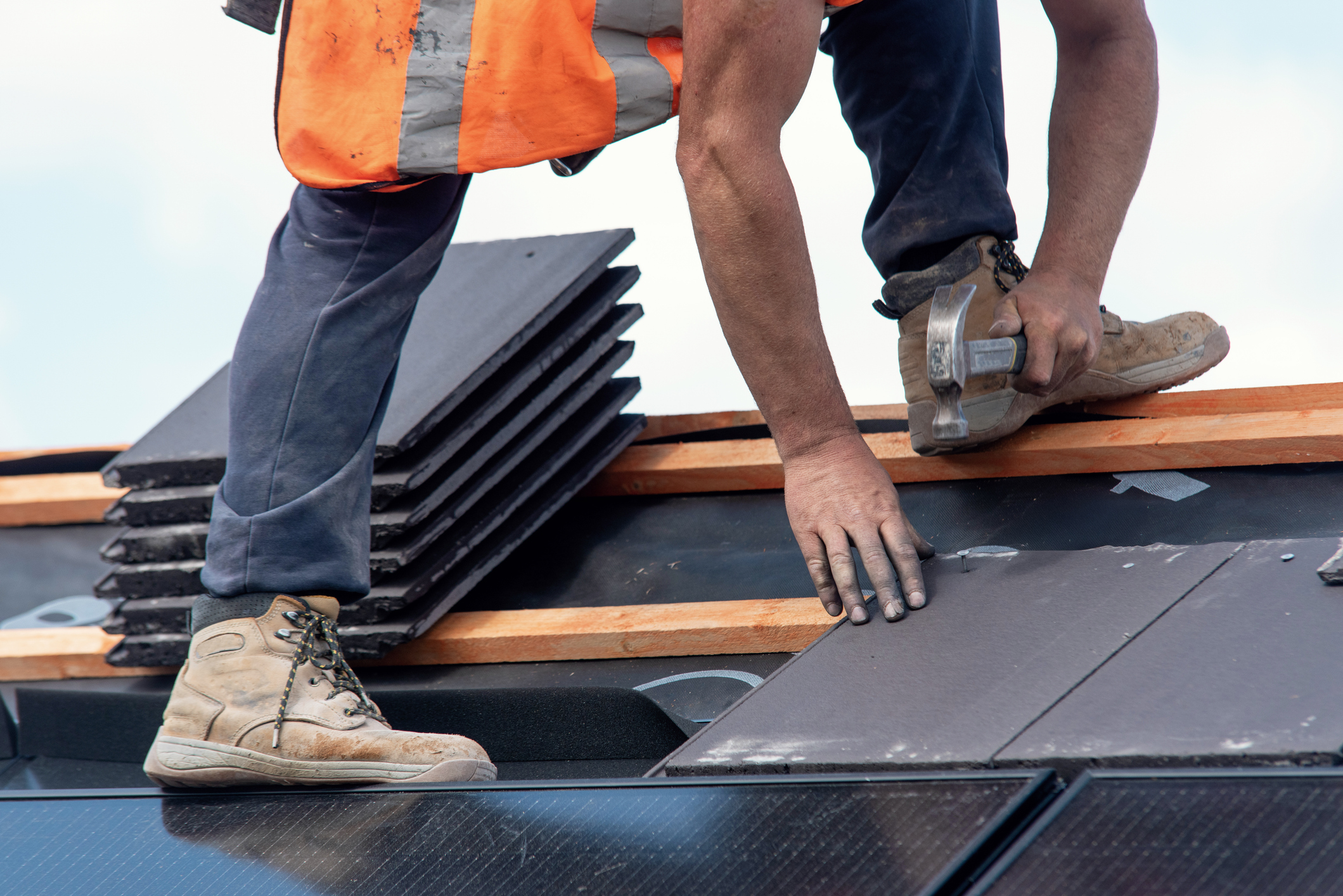NSW takes charge on E-Bike battery risks
NSW authorities and leading delivery companies tackle Lithium-Ion battery risks to safeguard riders and communities from potential e-bike and e-scooter fire hazards.

The following is an abridgement of an article originally published on the SafeWork NSW website.
Fire and Rescue NSW (FRNSW) and SafeWork NSW have collaborated with major food delivery companies and a leading e-bike provider to address safety concerns surrounding Lithium-Ion batteries, prompted by recent incidents of devastating fires.
Food delivery services get involved after e-bike explosions
On December 3, 2023, three food delivery riders were rushed to hospital after an e-bike exploded in their Annandale apartment building. One of the riders suffered burns to 40 per cent of his body.
On January 5, 2024, firefighters battled a large blaze at a Croydon e-bike repair factory and late last month 50 people were evacuated when a fire broke out in a Chippendale e-bike repair shop.
Earlier this year, two people died in what appeared to be the first Lithium-Ion battery-related fatalities in NSW.
Uber Eats, DoorDash and Zoomo get on board
In response to these incidents, FRNSW and SafeWork NSW have engaged proactively with companies like Uber Eats and DoorDash. Firefighters have outlined the risks to food delivery firms, explaining how damaged, compromised and/or over-heated e-bike Lithium-Ion batteries can catch fire and endanger lives.
Similarly, SafeWork NSW Inspectors have been targeting safety compliance with food delivery platforms to raise awareness and enhance rider safety.
These companies have agreed to educate their delivery riders on safe practices for storing and charging e-bikes.
Zoomo, a prominent e-bike fleet manager, has joined this initiative, hosting educational sessions with FRNSW Commissioner Jeremy Fewtrell and SafeWork NSW. Zoomo, based in Sydney, leases over 10,000 e-bikes globally, including 600 in NSW, and has implemented advanced battery safety measures across its operations.
Escalating number of Lithium-ion battery fires cause for concern
Commissioner Fewtrell highlighted the escalating number of Lithium-Ion battery fires in NSW, stressing the dangers posed by damaged or improperly charged batteries.
Lithium-Ion battery fires have risen from 165 in 2022 and 272 in 2023, to 131 so far this year. Thirty-five of those fires this year were related to e-bikes, e-scooters and e-skateboards.
“Lithium-Ion battery power represents a tremendous technological benefit but the flipside is if the cells are damaged, over-charged or of poor quality, it can lead to what we call ‘Thermal Runaway” whereby just one battery can overheat and set off a highly dangerous chain reaction within the array of cells."
Minister for Emergency Services Jihad Dib emphasised the importance of raising awareness among e-bike and e-scooter users about battery risks, advocating for safe purchasing and charging practices.
SafeWork NSW, in collaboration with NSW Police, enforces safety regulations for delivery riders, requiring compliance with personal protective equipment and training mandates. They underscored the critical need for safety vigilance throughout riders' work routines.
Recommendations and resources
FRNSW advises food delivery riders and the general public:
- not to over-charge Lithium-ion battery-powered devices or leave them charging overnight unattended;
- not to charge Lithium-ion battery-powered devices on beds, sofas or around highly flammable and insulating materials;
- only purchase reputable brands to ensure high quality power management systems within devices
- always use compliant and approved charging equipment for Lithium-ion batteries, don’t mix and match components and voltage
- avoid dropping, crushing or piercing the Lithium-ion battery cells;
- store Lithium-ion batteries in a cool, dry area away from combustible materials, and larger devices like e-bikes and gardening tools should be stored outside of bedrooms and living spaces;
- not to charge or use Lithium-ion batteries that show signs of damage, safely dispose of batteries through approved recycling points or facilities, don’t throw them out with the garbage
- don’t leave micro-mobility devices like e-bikes, e-scooters and e-skateboards on charge next to exits that may be required in an emergency.
Visit the Battery and charging safety and Food delivery industry page for more information.
To support the industry engagement, FRNSW has established the E-bike and e-scooter battery safety webpage.
Sources
Fire and Rescue NSW engages food delivery industry, warning of e-bike dangers by SafeWork NSW, 11th June, 2024.





